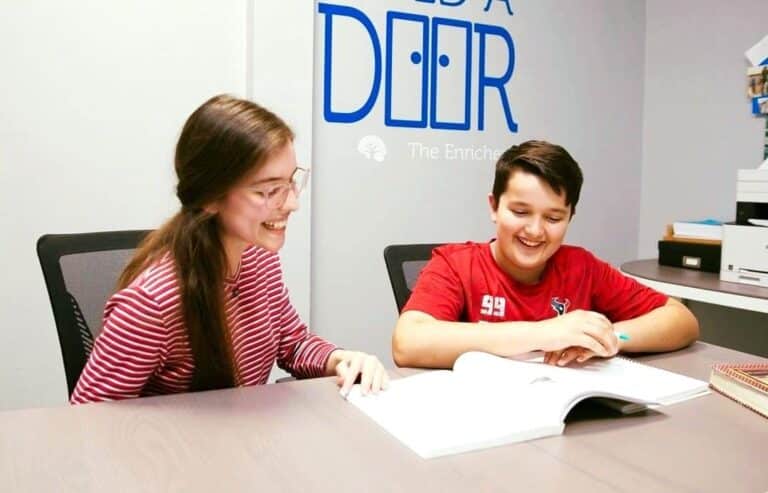During your junior and senior years of high school, it’s inevitable that you’ll be contacting different people from your potential or future college. Typically, your questions are welcomed. Whether you’re consulting a professor about a program they run on campus or an admissions counselor about their application process, it’s important that you put your best foot forward. That’s why it’s important to be aware of these dos and don’ts of emailing colleges.
Keep in mind that the people you’re emailing are a) busy professionals, b) receiving dozens of emails just like yours on a daily and weekly basis, and c) likely doing you a favor. If you take the time to craft a respectful, succinct email, they will surely appreciate it.
Do: Keep it short and to the point
Once you’ve drafted your email, go through and delete any and every sentence or word that doesn’t absolutely need to be there. As someone who is particularly verbose, I quickly got into the habit of doing this for every single email I send. The person you’re emailing likely has plenty of messages to sort through daily, so stick to the essential information.
Don’t: Ask a million questions
Before you ask any questions, do your homework. If the answer can be found on the college’s website, you don’t want to be asking that question. If you’ve done your research and are still stumped about something, that’s the question to ask. Make your specific question clear and coherent, so they can easily figure out what you need from them with a quick skim.
Do: Introduce yourself
There are thousands of students emailing colleges for various reasons right now. Make sure to thoroughly introduce yourself with the important points (your name, your year, your school, your status (prospective student, accepted student, waitlisted student, etc.), and anything else that’s imperative for them to know.
Don’t: Brag (or humble brag!)
This isn’t the time to summarize your resume or make sure they know how amazing you are. I know it’s tempting to talk yourself up when you’re in contact with a school (after all, this is a chance to impress them!) but no one wants to receive an email like that. Instead, “show off” with a polite, concise, well-written email.
Do: Use proper spelling, grammar, and punctuation
Seriously. Check, double check, and triple check that there are no glaring errors. It’s not a good look.
Don’t: Use the incorrect title or misspell their name
Nothing says, “I don’t know anything about you and am too lazy to look it up,” like misspelling someone’s name, using the incorrect title, or misgendering them. Check out their page on the school’s website and Google their name to figure out if they’re “Dr.,” “Professor,” or another title. If they’re a Mr. or a Mrs., make sure you’ve got the right one! And please, make absolutely sure you’ve spelled their surname correctly.
Do: Be professional
My husband is a professor, and I’m shocked by the number of students who include slang (like “u” and “thx”) and smiley faces in their emails to him. Those things can become second nature when you’re used to texting with friends, but there’s no place for them in emails with professors or counselors.
Don’t: Email them from your CaReBeAr7310@hotmail.com account
Yes, that was my old email address. No, I did not use it when emailing colleges. Please, please, please take the time to create a new email address if your current one is something quirky and fun. Your first and last name is perfect.
Do: Thank them for their time and effort
Before signing off, take a sentence or two to tell them how appreciative you are that they’re helping you and answering your questions. Your gratitude goes a long way.
Don’t: Forget a good email signature
Use your email signature to clearly re-state who you are and how to contact you. If you’ve already been accepted to the university you’re emailing, write the school’s name and your expected graduation year. If you’re a prospective student, list your high school and graduation year.
Name
School and Graduation Year
Preferred email address/Phone number
Perfecting your email etiquette is an art, but you’ll get the hang of it in no time. Follow these dos and don’ts, and you’ll make a great impression to college counselors and professors before you ever step on campus.





